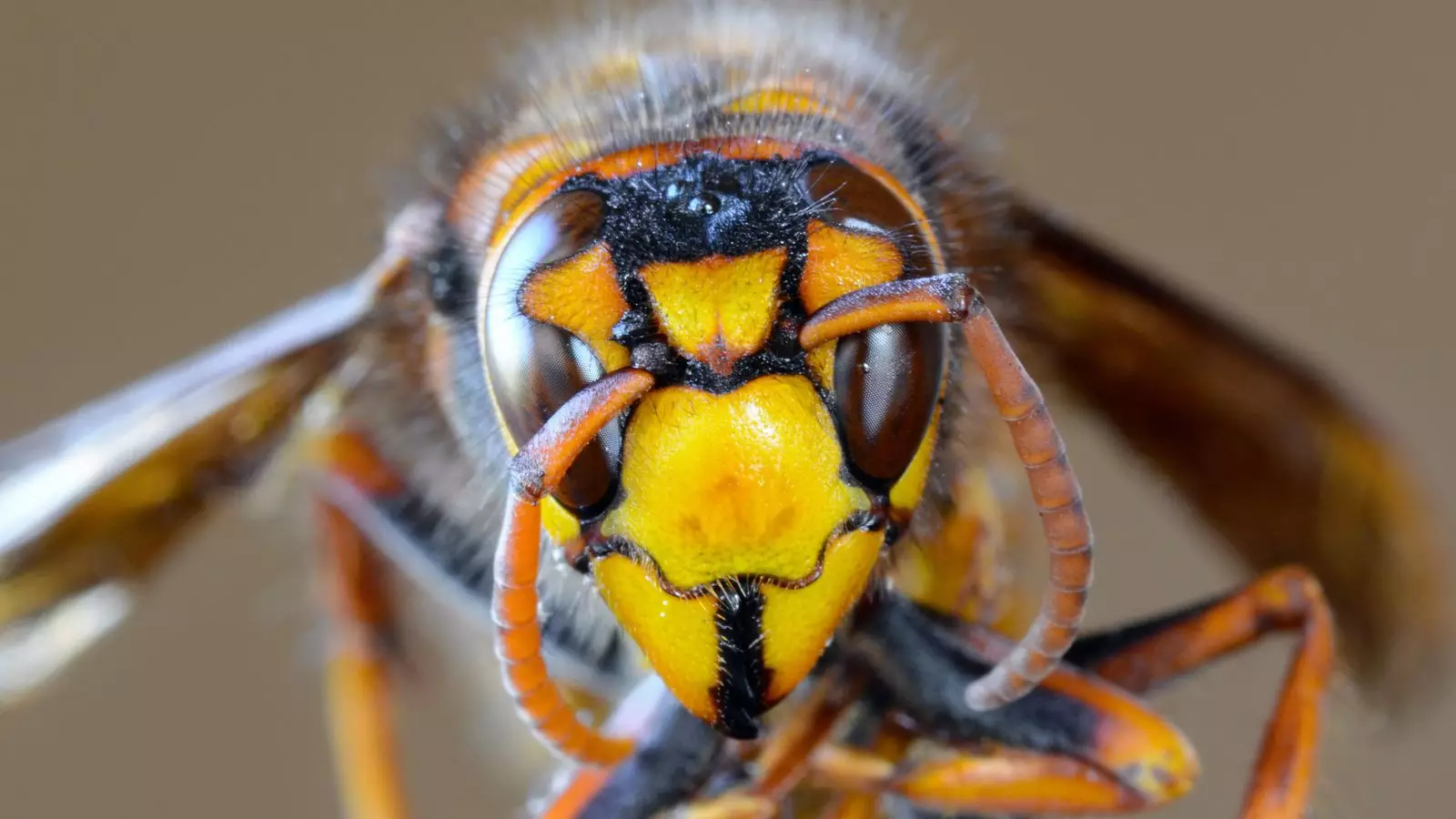The summer months bring with them the urgency to report sightings of Asian hornets as nature groups raise concerns about the potential surge in damaging invasive non-native species. Chief plant health officer Nicola Spence has emphasized the importance of beekeepers and the wider public reporting sightings of these hornets, especially after a record number were spotted in the country last year. While Asian hornets do not pose a greater risk to human health than native hornets, they are a significant threat to honey bees and other insect pollinators. With the ability to consume up to 50 honeybees a day, the presence of these insects in the UK is alarming.
Invasive species such as Japanese knotweed, giant hogweed, and Himalayan balsam are already causing harm to the UK environment. Japanese knotweed, known for causing structural damage, giant hogweed, which can lead to skin burns due to its sap, and Himalayan balsam, which out-competes native species and increases flood risks, are among the problem species that require immediate attention. Additionally, the recent flooding and warming temperatures have created favorable conditions for these species to grow and spread. The risk of new species establishing themselves in the UK, such as the red imported fire ant, Chinese mitten crab, and Chinese mystery snail, is also on the rise.
The Wildlife and Countryside Link (WCL), representing 83 nature organizations, has called for a significant increase in funding to address the invasive species threat. They are advocating for the annual invasive species biosecurity budget to triple to £3m, along with an additional £3m to fund a permanent dedicated invasive species Inspectorate. Richard Benwell, the WCL chief executive, highlighted the urgency of the situation, stating that invasive species already pose one of the biggest threats to the UK environment. The call for government action during Invasive Non-native Species Week is crucial to combatting the spread of these harmful species.
To combat the threat posed by invasive species, the Department for Environment Food & Rural Affairs (DEFRA) has encouraged members of the public to report any sightings of Asian hornets. These hornets are identifiable by their very dark bodies, wide orange stripe on the abdomen section, and yellow leg ends. Reporting can be done through the Asian Hornet Watch App. A DEFRA spokesperson emphasized the impact of invasive species on native biodiversity and the economy, stressing the need for the Invasive Species Inspectorate to carry out its role effectively in protecting the nation’s biosecurity.
The increasing threat of invasive non-native species in the UK requires immediate action and support from both the government and the public. Reporting sightings of Asian hornets and other invasive species is crucial to control their spread and protect the native ecosystem. Increased funding and a strong invasive species strategy are necessary to address the significant risks posed by these species. By working together, we can mitigate the impact of invasive species and safeguard the environment for future generations.



Leave a Reply